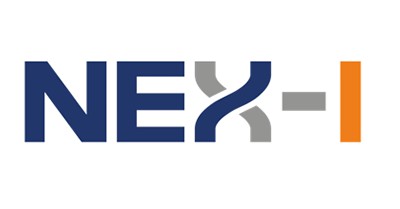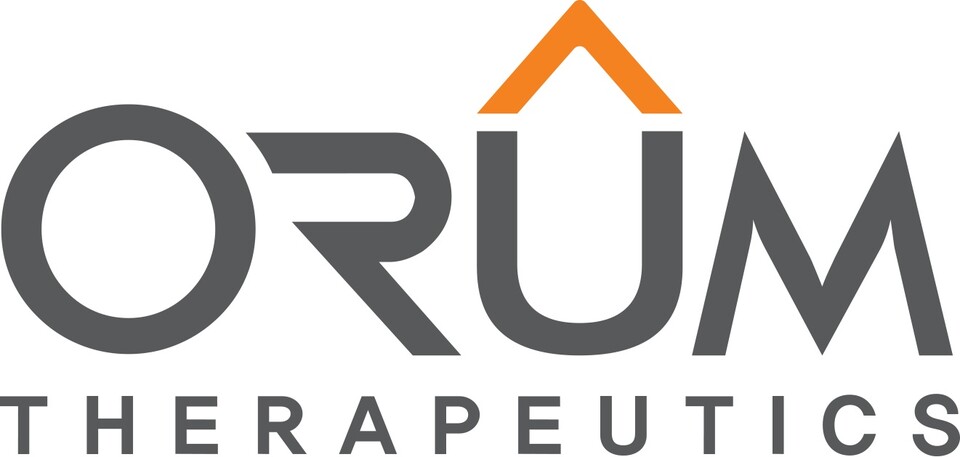A Year of Remarkable Success Despite Weakened Investor Sentiment

Pipeline: NXI-101
Licensee: Ono Pharmaceutical
Deal Date: March 2024
Deal Size: Undisclosed
Opdivo (Nivolumab), the groundbreaking anti-PD-1 therapy, brought Ono Pharmaceutical both major success and regret. Despite being the first in its class, Opdivo lost its market leadership to Keytruda (Pembrolizumab), which capitalized on superior strategies, particularly in biomarker-driven development and indication selection. While Opdivo continues to generate significant revenue, a substantial portion of its profits is shared with Bristol Myers Squibb (BMS). As Opdivo’s substance patent approaches expiration, Ono is urgently seeking its next major breakthrough.
Nex-I’s experimental drug NXI-101 offers fresh hope for companies like Ono, BMS, and Merck, all striving to overcome the limitations of existing immune checkpoint inhibitors (ICIs). Current ICIs, including anti-PD-1, anti-PD-L1, anti-CTLA-4, and anti-LAG-3 therapies, fail to benefit many patients due to resistance linked to the tumor microenvironment (TME). Nex-I’s innovative approach targets immunosuppressive factors secreted by cancer cells—termed “oncokines.” NXI-101, the company’s first-in-class candidate, is designed to inhibit these oncokines, offering a novel pathway to improving treatment outcomes.
Ono’s licensing of NXI-101 signals a strategic shift rooted in lessons from the Opdivo-Keytruda rivalry. To minimize competitive risks, Nex-I has withheld NXI-101’s exact target from disclosure. Notably, Ono acquired NXI-101 at the preclinical stage, showcasing its willingness to embrace higher risks for the potential reward of early market entry. Nex-I’s focus on biomarker development was pivotal in closing the deal, aligning with Ono’s renewed commitment to leveraging biomarker-driven strategies—an area where Keytruda historically excelled.
By acquiring NXI-101, Ono is taking deliberate steps to overcome its past missteps and reclaim its competitive edge in the immuno-oncology arena. The deal represents more than a business transaction; it reflects Ono’s determination to lead the next wave of immuno-oncology advancements, turning hard-earned lessons into strategic innovation.

Pipeline: GENA-111 (Debio 0633)
Licensee: Debiopharm
Deal Date: June 2024
Deal Size: $426 million
GENA-111, an antibody targeting receptors predominantly expressed in ovarian cancer, is poised to become an antibody-drug conjugate (ADC) through Debiopharm’s Multi-Linker platform. Assigned the development code “Debio 0633,” the program remains in preclinical development.
Genome & Company identified the target using its proprietary genomic analysis platform, GNOCLE. Notably, the expression rate of GENA-111’s target in ovarian cancer patients shows low correlation with FRα, the target of ELAHERE, a second-line therapy. This positions GENA-111 as a potential third-line treatment for patients unresponsive to ELAHERE or those who experience recurrence. Collaborative research with Debiopharm and preclinical studies confirmed the antibody’s efficacy and safety, culminating in a licensing agreement.
This deal underscores three notable trends in the biotech industry: Early-stage licensing of a first-in-class antibody, successful licensing of an antibody without a fully developed ADC, and the critical role of target discovery platforms.
By leveraging the proven ADC modality, GENA-111 reduces development risks. For Genome & Company, the agreement also highlights the potential of its GNOCLE platform to enable “sustainable drug development,” marking a significant breakthrough.

Pipeline: TPD2 Platform
Licensee: Vertex Pharmaceuticals
Deal Date: July 2024
Deal Size: Up to $945 million
Vertex launched CASGEVY in 2023, the first-ever CRISPR/Cas9-based therapy, marking a milestone in treating sickle cell disease. This condition, characterized by misshapen red blood cells that impair oxygen delivery and cause organ damage, now has a transformative therapeutic option. CASGEVY genetically edits hematopoietic stem cells (HSCs) to produce healthy red blood cells capable of normal oxygen transport. The process involves extracting HSCs, editing their genes, and reinfusing them into the patient after clearing existing HSCs using chemotherapy.
Currently, the chemotherapy agent busulfan is used to eliminate existing HSCs. However, its broad cytotoxicity damages not only HSCs but also other rapidly dividing cells, such as hair follicle and mucosal cells, leading to severe side effects. These limitations pose significant challenges to the wider adoption of CASGEVY.
To address these challenges, Vertex entered a strategic agreement with Orum Therapeutics in July, focusing on its DAC platform, TPD2, for more precise HSC targeting. Under the deal, Vertex gained rights to TPD2 for research and development, while Orum received $15 million upfront and could earn up to $310 million per target in milestone payments, with the total agreement valued at up to $945 million.
Through this collaboration, Vertex aims to advance safer preparatory methods for CASGEVY, reducing reliance on busulfan and enhancing patient outcomes. This move reflects Vertex’s commitment to driving innovation in gene editing and stem cell therapy.

Pipeline: LCB97
Licensee: Ono Pharmaceutical
Deal Date: October 2024
Deal Size: $700 million + α
LigaChem Biosciences has entered into two major licensing agreements with Ono Pharmaceutical. The first deal involves LCB97, a preclinical-stage antibody-drug conjugate (ADC) targeting L1CAM, valued at up to $700 million, including upfront payments and milestone-based earnings. The second agreement covers LigaChem’s ADC platform, ConjuAll, though financial details remain undisclosed. These agreements raise LigaChem’s total global licensing deals to 14, including 11 in the ADC field.
LCB97 stands out as a first-in-class ADC with limited competition, primarily from early-stage candidates developed by CIS Pharma and APIT Bio. This competitive landscape likely drove Ono’s interest in the asset. By acquiring LCB97, Ono demonstrates its continued focus on high-risk, high-reward strategies to secure first-in-class therapies with strong market potential.
Ono’s decision to license LCB97 at the preclinical stage, even before GLP animal toxicity studies, highlights its financial prudence in minimizing upfront costs during early development phases. This aligns with the company’s broader strategy to reduce its dependence on Opdivo revenues by expanding its portfolio with innovative, first-in-class assets.
In addition to LCB97, the licensing of the ConjuAll ADC platform further solidifies the collaboration between LigaChem and Ono. While the financial terms were not disclosed, the deal underscores Ono’s commitment to advancing cutting-edge ADC technologies.
These agreements not only bolster LigaChem’s leadership in the ADC field but also position Ono to achieve market leadership in oncology by diversifying its portfolio through early-stage, high-potential assets.

Pipeline: CV-01
Licensee: Angelini Pharma
Deal Date: October 2024
Deal Size: $370 million
Cureverse, a small biotech with just seven employees, has licensed its drug candidate CV-01 to Angelini Pharma. CV-01 targets Alzheimer’s disease, Parkinson’s disease, and chronic kidney inflammation. This small molecule modulates the KEAP1-NRF2 signaling pathway, selectively binding to cysteine 151 on KEAP1—a novel approach that avoids the non-selective binding issues of existing KEAP1-NRF2 drugs.
Unlike drugs like Biogen’s Tecfidera and Skyclarys, which bind to multiple cysteines and cause significant side effects, CV-01’s precise binding induces antioxidant activity while minimizing off-target effects. This specificity positions CV-01 as a next-generation therapeutic in neurodegenerative and inflammatory diseases.
Without an in-house business development team, Cureverse relied on Kairos Bioconsulting to navigate the licensing process. The company’s preparations began two years ago, anticipating challenges from a declining biotech investment market. Formal negotiations with Angelini Pharma, which started about a year ago, were expedited by pre-prepared data and feedback from earlier due diligence with other companies.
Angelini Pharma, known for its European rights to SK Biopharm’s epilepsy drug cenobamate, added CV-01 to its portfolio with rights for Alzheimer’s, Parkinson’s, and epilepsy indications. CV-01’s mechanism of action, believed to have potential in epilepsy, likely strengthened Angelini Pharma’s confidence in its broad therapeutic applicability.
This deal highlights Cureverse’s ability to deliver innovative solutions despite its size and resources, setting a strong precedent for small biotech companies navigating competitive markets.


